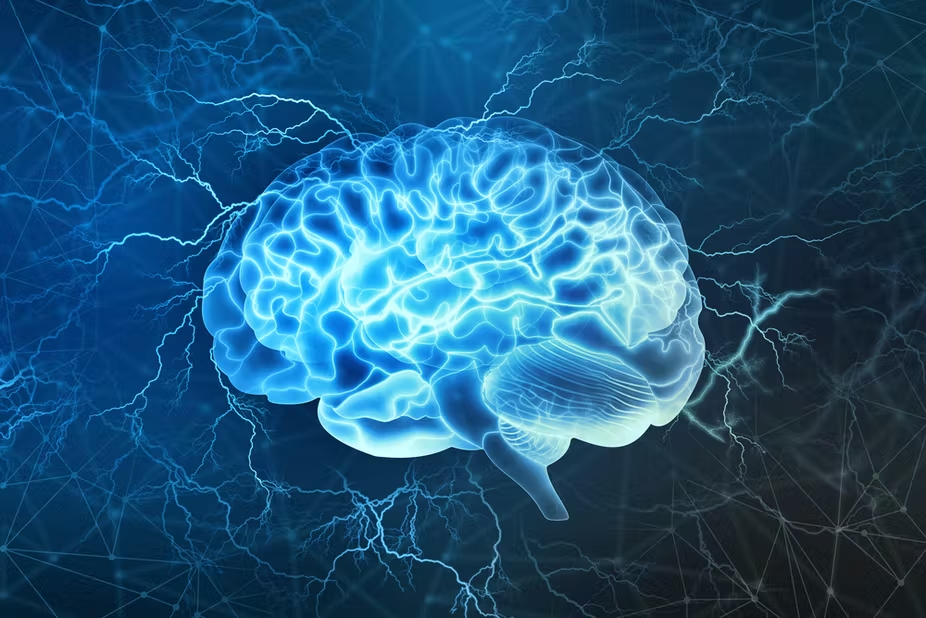
Indian researchers find a new algorithm to study neurons
text_fieldsNew Delhi: Neuroscience has come a long way, unravelling the mysteries of the brain to a large extent.
Still the inner complexity of the brain escapes our understanding.
A study by researchers at Indian Institute of Science (IISc) convince us how much more still left there to know about nervous system and brain regions.
The researchers have developed a unique algorithm called Regularized, Accelerated, Linear Fascicle Evaluation, or ReAl-LiFE, which can help predict connectivity between different regions of brain.
The GPU-based machine learning algorithm can quickly analyse the scans produced by diffusion magnetic resonance imaging and processing the information (dMRI), according to India Today.
ReAL-LiFE helped the team evaluate dMRI data over 150 times faster the existing algorithms, IISc said.
The study published in the journal Nature Computational Science states that ReAl-LiFE allows the accurate discovery of individualized brain connectomes at scale.
Pinpointing brain connections is the most difficult part in the study, researchers said, because the data obtained from the scans provide the net flow of water molecules at each point out there.
ReAl-LiFE can finish tasks within seconds that otherwise takes hours to days, according to Devarajan Sridharan, Associate Professor at the Centre for Neuroscience (CNS).
This improved algorithm of IISc researchers can predict how a human test subject would behave or carry out a specific task.
Using the algorithm to estimate the connection strengths for each individual, the team can explain variations in behavioural and cognitive test scores across a group of 200 participants.
Millions of neurons fire in the brain every second, generating electrical pulses that travel across neuronal networks from one point in the brain to another through connecting cables or "axons", the report said.
These connections are vital for computations that the brain performs, as a result it is important to study these regions and the process of connectivity.
Varsha Sreenivasan, Ph.D. student who is the first author of the study said understanding brain connectivity is critical for uncovering brain-behaviour relationships at scale.























